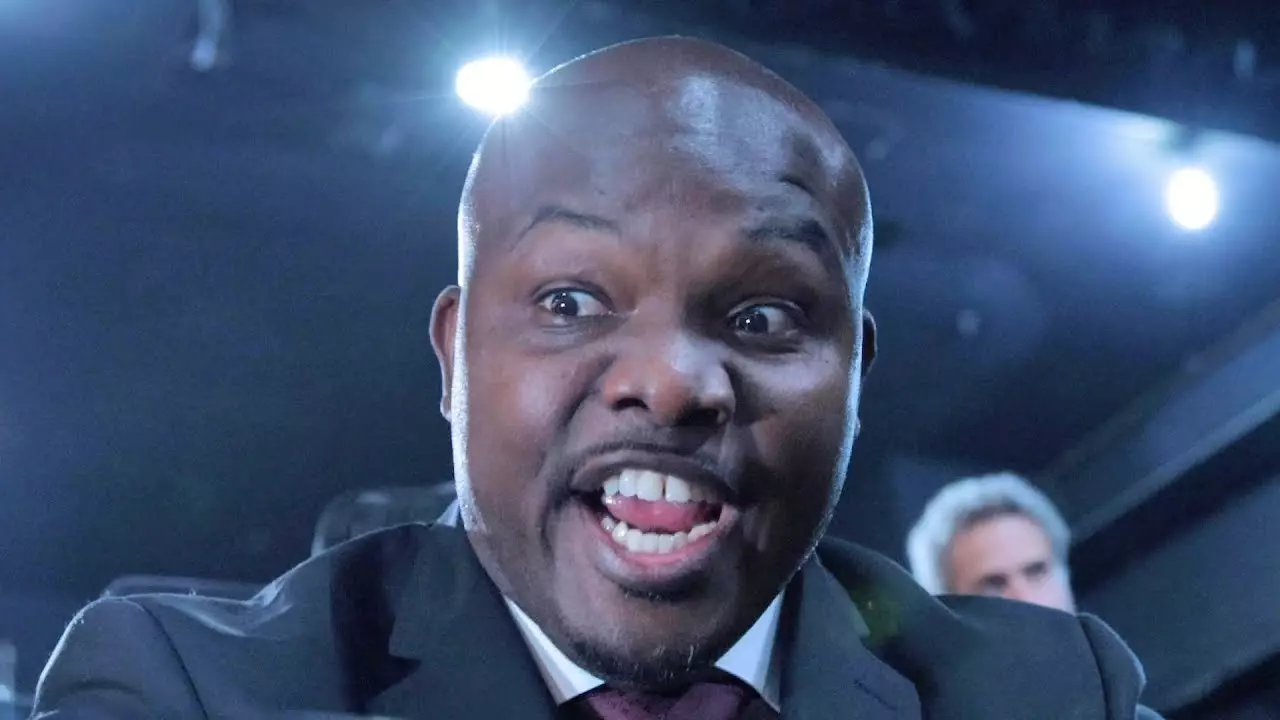In the ever-evolving world of professional boxing, loyalty and integrity often come into question, especially in an age where lucrative offers from foreign promoters can sway fighters away from their principles. Recently, Tim Bradley articulated his admiration for Gervonta ‘Tank’ Davis, who has refrained from bending the knee to Saudi Arabian financial overtures, particularly those from Turki Al-Sheikh. Bradley’s endorsement signifies a broader conversation about respect and authenticity in boxing, which has increasingly come under scrutiny due to the influx of money into the sport.
Bradley underscores that Davis’s refusal to capitulate to financial temptation is worthy of respect—a sentiment that stands in stark contrast to the behavior exhibited by many fighters today. With money figures soaring well into the hundreds of millions, many are willing to compromise their integrity in exchange for a financial windfall. In asserting that Davis is a “real one,” Bradley champions the concept of loyalty above monetary gain, a rarity in a sport often driven by financial aspirations.
Davis’s comments regarding other fighters’ pursuit of financial gain in Saudi Arabia reveal a deeper layer of motivation behind his stance. He expressed disdain for the trend of boxers “kissing the ring” of wealthy promoters, indicating a clear divide between those who prioritize substantial payouts and those who still hold traditional values close to their hearts. He notes that many within the sport have abandoned their principles, emphasizing his commitment to boxing in the United States—a nod to the homegrown loyalty he represents.
The conversation sparked by Bradley and Davis particularly highlights an essential question: can financial incentives erode the loyalty fighters owe to their fans and the sport itself? The rhetorical query posed by Davis regarding the selective invitations to Saudi events illuminates issues of elitism within the boxing community. By pointing out that some fighters have to “d*** eat” to gain access to lucrative fights, he captures a pervasive frustration among athletes who feel marginalized or sidelined by the burgeoning influence of foreign money inflow into the sport.
The recent influx of high-profile fighters aligning with Al-Sheikh, such as Terence Crawford and Canelo Alvarez, raises questions about the responsibility that promoters bear in shaping the sport’s culture. With significant financial backing, they have the power to dictate terms that may compromise a fighter’s integrity. Fight contracts that promise substantial financial rewards can lead to a culture where athletes are prioritizing their bank accounts over their values, resulting in a challenge to their credibility in the eyes of discerning fans.
Davis’s critique serves as a powerful reminder of the need for some athletes to draw boundaries, and for fans to recognize those who genuinely value their craft over financial gain. This sentiment is reminiscent of the old-school outlook on boxing, where fighters earned their stripes through resilience, determination, and loyalty—qualities that are sometimes undermined by the shiny allure of quick wealth.
The public discourse regarding Davis and Bradley’s comments signals a potentially shifting narrative within boxing. As the sport continues to grapple with the implications of financial influence, the question will remain—will there be room for fighters who choose loyalty over riches, or will the upcoming generation of boxers inevitably follow the trend set by their predecessors?
As high-stakes boxing events increasingly shift to overseas locations, American athletes face the challenge of maintaining their identities amidst foreign temptations. Davis represents a voice of dissent against the normalization of abandoning personal values for the sake of financial opportunities. In the coming years, it will be critical for the boxing community to recognize and support those fighters who embody integrity, as they become role models for the next generation.
Ultimately, the future of boxing may depend not just on the decisions of the fighters, but also on the expectations of their fans. The conversation sparked by Davis and Bradley is crucial in framing the culture of boxing—one that ideally values loyalty as highly as it does victory in the ring.


Leave a Reply